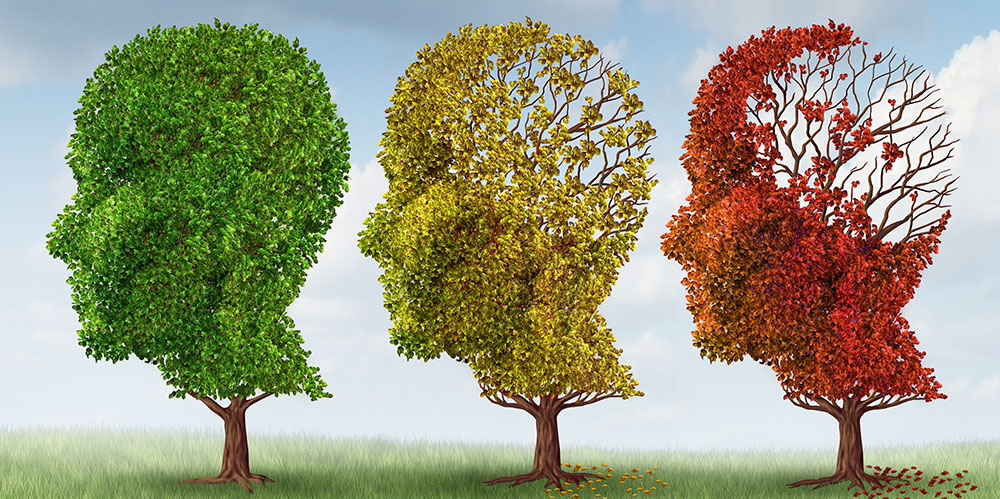

Books are companions of people. One of the most important fields books can be written in is psychology. Social psychology is a branch thereof. If you are interested in this topic, you will get offered by a list of the top ten greatest books about social psychology.
10 Influence: Science and Practice
It is a Psychology book written by Robert B. Cialdini in 2003, it is intended to look at the important ways people can be impacted by “Compliance Professionals”. The author is a Professor of Psychology at Arizona State University. The main basis of the book is that, in a multifaceted world where people are filled to capacity with more information than they can handle, people retreat on a decision making approach depended on generalizations. The generalizations build up as they let people typically do something in a right manner with n incomplete quantity of consideration and time.
9 Thinking, Fast and Slow
It is a best-selling book written by Daniel Kahneman. He sums up research that he did over decades, frequently in association with Amos Tversky. The book deals with all three stages of his career: his near the beginning days working on cognitive biases, his work on outlook theory, and his work on contentment.
8 Stumbling on Happiness
It is a non-fiction book written by Daniel Gilbert. The book was published in the United States in 2006 via Knopf, and it has been translated into about 25 languages. Gilbert’s essential theory is that, via observation and cognitive biases, people envisage the future inadequately, especially what will get them pleased.
7 Predictably Irrational: The Hidden Forces That Shape Our Decisions
It is a book written by Dan Ariely in 2008, in which he faces readers’ hypothesis about making decisions depending on balanced thought. Ariely illustrates that his goal is assisting you basically reorganize what makes you tick.
6 The Paradox of Choice – Why More Is Less
It is a book written by the American psychologist Barry Schwartz. The author argues that eradicating consumer options can really decrease nervousness for shoppers. Schwartz brings together his quarrel from various domains of modern psychology that focus on how happiness is influenced by achievement or stoppage of goal attainment.
5 Mistakes Were Made (But Not by Me)
It is a non-fiction book written by both Carol Tavris and Elliot Aronson. It was first published in 2007 to handle cognitive dissonance, confirmation prejudice and other cognitive biases, through these psychological hypotheses to exemplify how the perpetrators of cruel deeds give good reason for their behavior. It portrays a positive view loop of deed and self-deception through which minor disparities between people’s approaches turn to be polarized.
4 Incognito: The Secret Lives of the Brain
It is a non-fiction book written by American neuroscientist David Eagleman. This book poses the main question of if the conscious mind-the part you deem to be you-is only the tilt of the iceberg, what is the remaining doing? Incognito still on the New York Times bestsellers from 2011 till 2012.
3 Blink: The Power of Thinking Without Thinking
It is written by Malcolm Gladwell. It deems both the strengths of the adaptive unconscious, and its drawbacks as stereotypes. The author depicts the key subject of his book as it is our ability to determine what is really chief from a little experience.
2 Beyond Culture
It is a book written by the American anthropologist Edward T. Hall in 1976. A main factor in illustrating the depressing state of American education can be present in “over-bureaucratization”, which is deemed in the pressure to merge our public schools into huge factories and to add to enormous size our universities.
1 The Tipping Point: How Little Things Can Make a Big Difference
It is a book written by Malcolm Gladwell, it was first published by Little Brown in 2000. Gladwell describes a tipping point as the moment of dangerous mass, the doorsill, the boiling point. The book tries to find an illustration to the unexplained sociological changes that score everyday life.